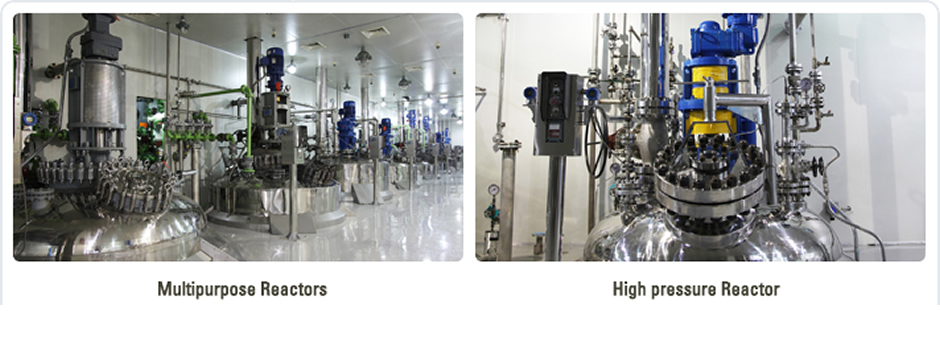Polyether Polyol Reactors;
In polymer chemistry, polyols are compounds with multiple hydroxyl functional groups available for organic reactions. A molecule with two hydroxyl groups is a diol, one with three is a triol, one with four is a tetrol and so on.
Monomeric polyols such as glycerin, pentaerythritol, ethylene glycol and sucrose often serve as the starting point for polymeric polyols. These materials are often referred to as the “initiators” and reacted with propylene oxide or ethylene oxide to produce polymeric polyols. However, they should not be confused with free radical “initiators” used to promote other polymerization reactions. The functional group used as the starting point for a polymeric polyol need not be a hydroxyl group; there are a number of important polyols which are built up from amines. A primary amino group (-NH2) often functions as the starting point for two polymeric chains, especially in the case of polyether polyols.
Polymeric polyols are generally used to produce other polymers. They are reacted with isocyanates to make polyurethanes used to make mattresses, foam insulation for appliances (refrigerators and freezers), home and automotive seats, elastomeric shoe soles, fibers (e.g. Spandex), and adhesives.
Polymeric polyols are usually polyethers or polyesters. Polyether polyols are made by reacting epoxides like ethylene oxide or propylene oxide with the multifunctional initiator in the presence of a catalyst, Common polyether diols are polyethylene glycol, polypropylene glycol, and poly(tetramethylene ether) glycol. The examples shown below are fairly low molecular weight triols based onglycerin (a triol) being reacted with propylene oxide, ethylene oxide or a combination of the two. In reality, the chains would not be of equal length in any one molecule and there would be a distribution of molecular weight polyols within the material. Polyether polyols account for about 90% of the polymeric polyols used industrially; the balance is polyester polyols.
Orjin Kimya offers “high pressure polyether polyol reactors and polyether polyol manufacturing technology” to the polyurethane industry.

polyether-reactors
Polyether reactors



